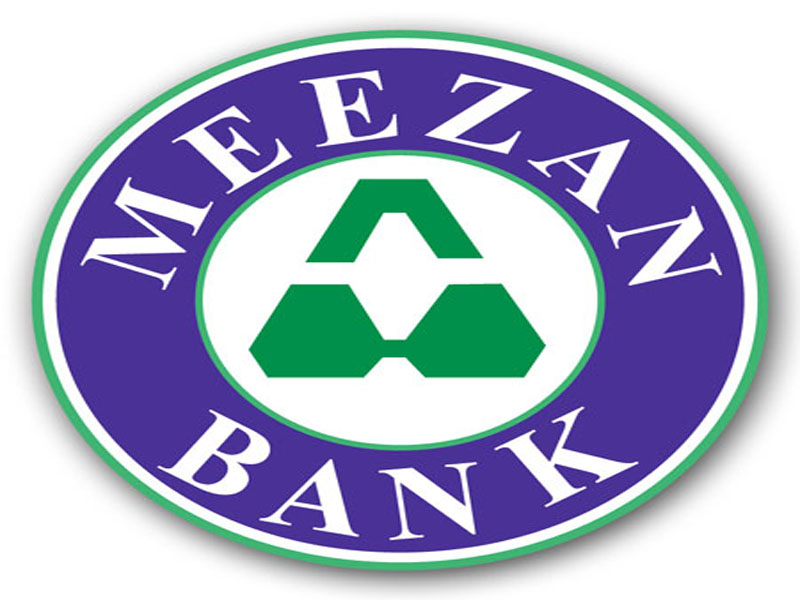
Speaking to The Express Tribune, Meezan Bank Executive Vice President Ahmed Ali Siddiqui said liquidity avenues were not sufficiently available for the most part of 2014, which put the country’s largest Islamic bank at a disadvantage compared to conventional banks.
“All conventional banks invested heavily in Pakistan Investment Bonds (PIBs) and locked in higher interest rates before the cut in the discount rate materialised,” Siddiqui said while referring to the interest rate cut of 50 basis points in the last monetary policy announcement of 2014.
Islamic banks cannot make investments in interest-bearing bonds. However, they are allowed to park excess cash in sovereign Islamic bonds called Sukuk.
“The return on Sukuk is 200 basis points less than the interest rate offered by treasury bills,” he added.
Meezan Bank’s net spread after provisions in 2014 was Rs12.9 billion, up 22.2% from the preceding year.
Its administrative expenses increased to Rs10.4 billion, up 26.2% on a year-on-year basis. According to Siddiqui, the bank opened 77 new branches in 2014, resulting in a rapid rise in its administrative expenses.
Another notable feature in the bank’s latest financial accounts is the substantial rise in the bank’s provisions against non-performing Islamic financing and related assets. Compared to 2013, they increased by a massive 327% to Rs545.7 million in 2014.
Siddiqui said these provisions are insignificant given total assets of Meezan Bank, which increased 33% to Rs437 billion at the end of 2014. He added that the increase in provisions in percentage terms seems bigger only because of the low-base effect.
Meezan Bank’s deposits increased 31% to Rs380 billion in 2014 while its financing portfolio grew 38% to Rs176 billion.
Published in The Express Tribune, February 20th, 2015.
Like Business on Facebook, follow @TribuneBiz on Twitter to stay informed and join in the conversation.


1732085354-0/insta-(1)1732085354-0-165x106.webp)

1725366721-0/kyle-(1)1725366721-0-165x106.webp)
1732084432-0/Untitled-design-(63)1732084432-0-270x192.webp)











COMMENTS (1)
Comments are moderated and generally will be posted if they are on-topic and not abusive.
For more information, please see our Comments FAQ